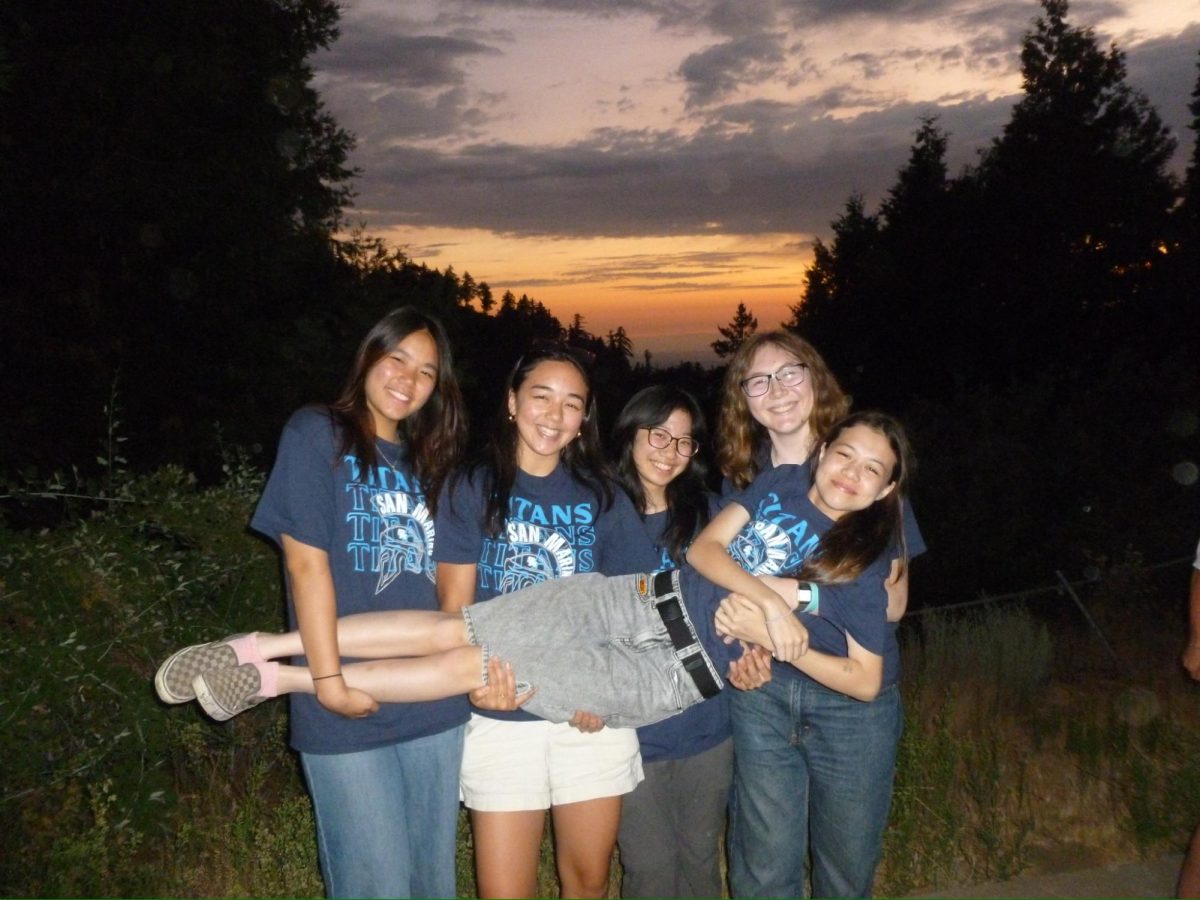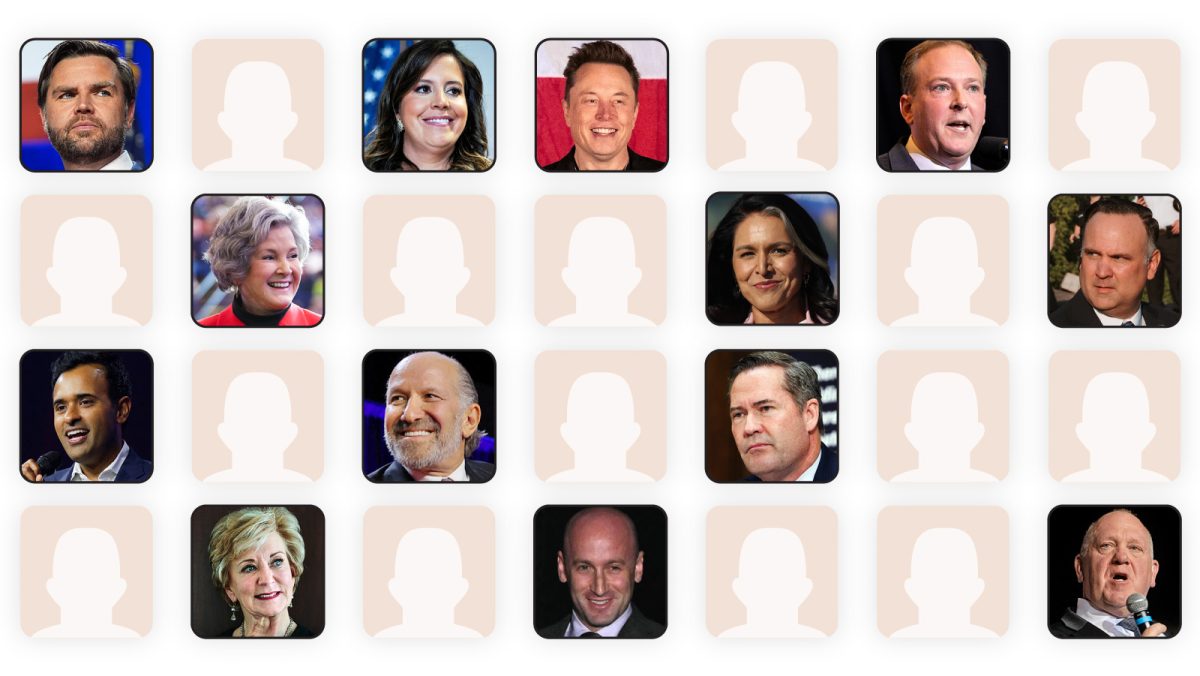
The tensions between Canada and India had come to a head following Canadian Prime Minister Justin Trudeau’s public accusation that the Indian government was involved in the assassination of Canadian Sikh activist Hardeep Singh Nijjar. Nijjar, a vocal advocate for the creation of Khalistan, a Sikh ethno-religious state, was gunned down by two masked assailants outside a Sikh temple in Surrey, British Columbia, in June 2023.
The U.S. Ambassador to Canada, David Cohen, confirmed “that there was shared intelligence among Five Eyes partners that helped lead Canada to making the statements that the prime minister made,” in an interview with Canadian news channel CTV. The “Five Eyes” network, composed of Australia, Canada, New Zealand, the United Kingdom, and the United States, is a crucial part of western intelligence sharing; while the group provided the intelligence, Cohen declined to disclose which specific member of the organization provided the information.
Prime Minister Trudeau ignited the diplomatic firestorm when he publicly stated that his government had been investigating “credible allegations” linking India to Nijjar’s assassination. India swiftly denied the allegations, denouncing them as “absurd and motivated.” The Indian government has long accused Canada of harboring Sikh separatists and fostering anti-Indian activities.
In response to the escalating tensions, both nations have expelled senior diplomats, a move that threatens to disrupt diplomatic relations between the two countries and elsewhere. Additionally, India suspended visa services for Canadian citizens, citing “security threats” against its diplomats in Canada.
Canada’s Defense Minister Bill Blair has emphasized the importance of shifting the focus from intelligence to the criminal investigation into Nijjar’s killing. He called for moving beyond credible intelligence to strong evidence to establish the truth.
The allegations have also shone a spotlight on Sikh separatism and the support for Khalistan, a separate Sikh country. Some Sikh organizations argue that the Khalistan movement is unjustly equated with terrorism by the Indian government, and they call attention to alleged human rights abuses against the Sikh community in India.
As the investigations into the allegations and Nijjar’s murder continue, the diplomatic rift shows no signs of resolution. The situation has far-reaching implications for both nations, their Sikh communities, and the broader issues surrounding foreign interference and diplomatic relations on the world stage.


















